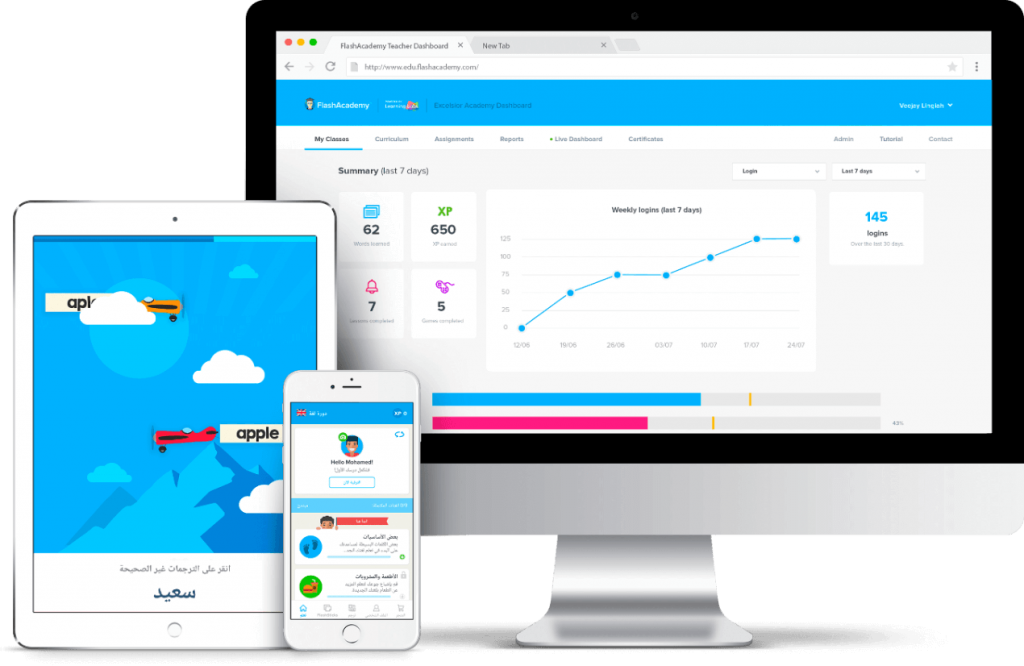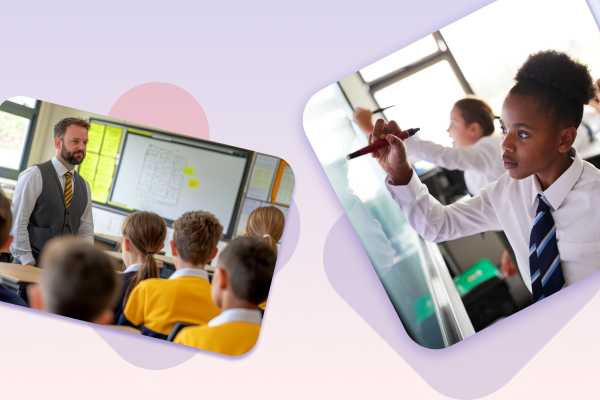

A year on since the Government announced the first national lockdown, it feels a little strange to imagine life before the Covid-19 pandemic; no restrictions, no masks, and no year group bubbles. We are also at the one-year mark since the last routine, graded Ofsted inspections were carried out.
Rewinding the clocks to September 2019 when Ofsted’s new framework came to light, many changes were announced but an advocate for a preferred style of teaching and assessment for EAL was not one of them. Unlike the extensive list of groups referred to in the previous framework, the 2019 guidance made no reference to learners with EAL as a distinctive group which created concern for the visibility of EAL and Ofsted.
Ofsted Restructure
Fast forward to March 2021, Schools Week reported that there would no longer be a specialist national lead for pupils learning EAL or for pupils from a Gypsy, Roma, and Traveller (GRT) background. The post’s remit covers several groups of pupils who are at a disadvantage in the British Education system, and with the pandemic’s impact putting this cohort of learners at a further disadvantage, ‘its reported loss should be of grave concern’.
According to the article, Ofsted claims it will now have ‘Special Advisers’ to address all policy areas, including inequalities and disadvantaged pupils. However, what’s unclear for EAL and Ofsted is how the ‘specific expertise of such a wide-ranging post is to be replicated’ – especially as pupils with EAL are not a homogenous group.

Ofsted confirmed last week that routine, graded inspections are cancelled for the rest of the academic year, with some remote monitoring inspections likely to continue. However, discussions are still in place with the government over plans for the summer term. With this in mind, on top of the EAL and Ofsted restructure, how can schools get ‘Ofsted-ready’ for when any such inspections resume? And how can schools identify groups of learners in most need and act accordingly, without the expertise of a national lead?
EdTech has dominated the ‘new normal’ of education and is likely to shape the ‘next normal’ too. Here at FlashAcademy, our three core principles are: developing language, developing skills, and developing community. So, what role can we play in Ofsted’s existing framework to help schools expand their expertise and put EAL at the forefront of their ethos? Here are just some of the ways we can help.
Developing Language
Ofsted says schools should check learner’s understanding systematically, identify misconceptions, and provide clear, direct feedback. The framework also outlines that schools should respond to learner needs & adapt teaching as necessary.
Thanks to FlashAcademy’s Teacher Dashboard, educators can target feedback through specific lessons and homework tasks to different pupils. The platform offers the chance for pupils to deepen their understanding across the curriculum through Wow Words and Reading Comprehension lessons while addressing specific learner errors through fluency boost lessons.
Developing Skills
Ofsted also says schools should give all learners the knowledge and cultural capital to succeed in life. Access to FlashAcademy will improve learner’s IT skills but will also give them a foundation in using Edtech which can be used to explore other interests in the future.

Skills for future learning and employment are crucial, but we can also help to prepare learners for life in modern Britain. Lesson categories such as Citzenship, The World Around Us, and Politics & Religion gives pupils the vocabulary to talk about the law, values, and diversity, while the app’s culture tips can help to inspire pupils to learn more about art, history, and literature.
Developing Community
Ofsted finally says that schools should support teachers who are working outside their area of expertise. Our free language profiles help teachers to learn about EAL pupils’ specific difficulties and target their FlashAcademy and wider support based on first language interference. Enabling learners to access content in their home language (45 home languages available) allows pupils to work on level-appropriate tasks at their own speed and gives them a sense of familiarity so they can develop resilience, confidence, and independence.
Schools currently using FlashAcademy can get in touch with their Success Advisor for the full FlashAcademy and Ofsted framework. Want to learn more about the FlashAcademy platform and how it can support your school’s EAL provisions? Book a free trial today!

